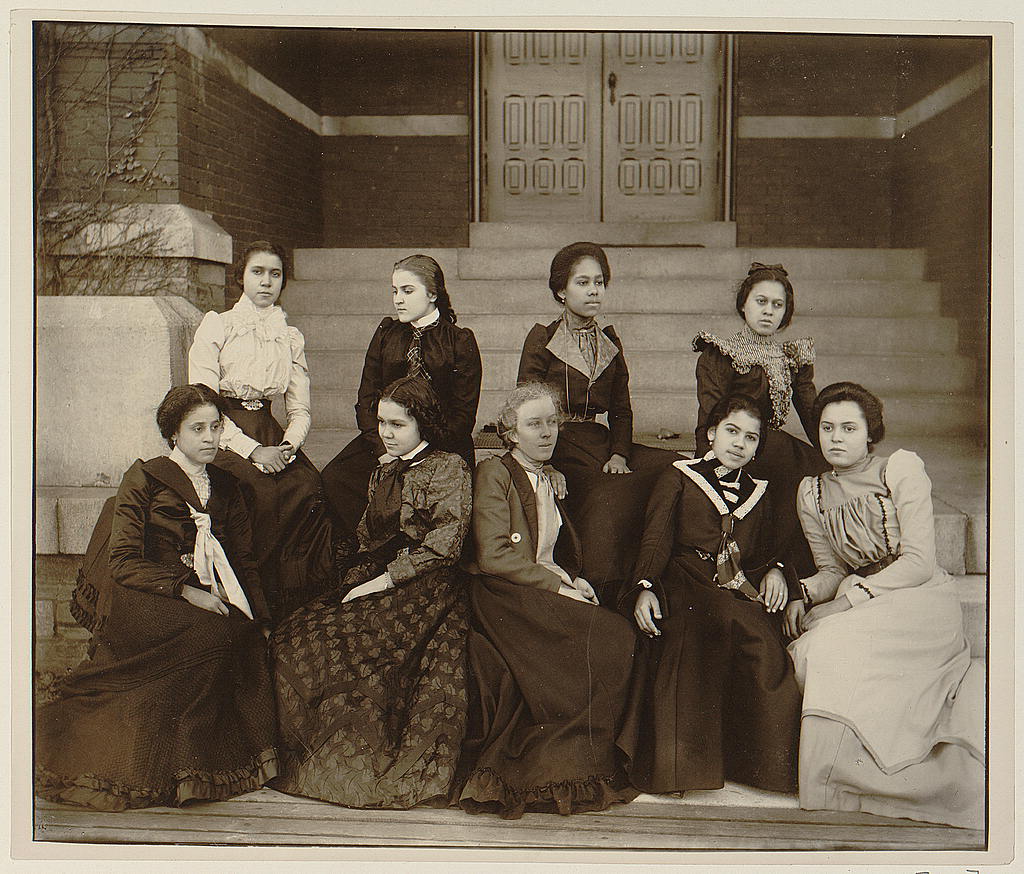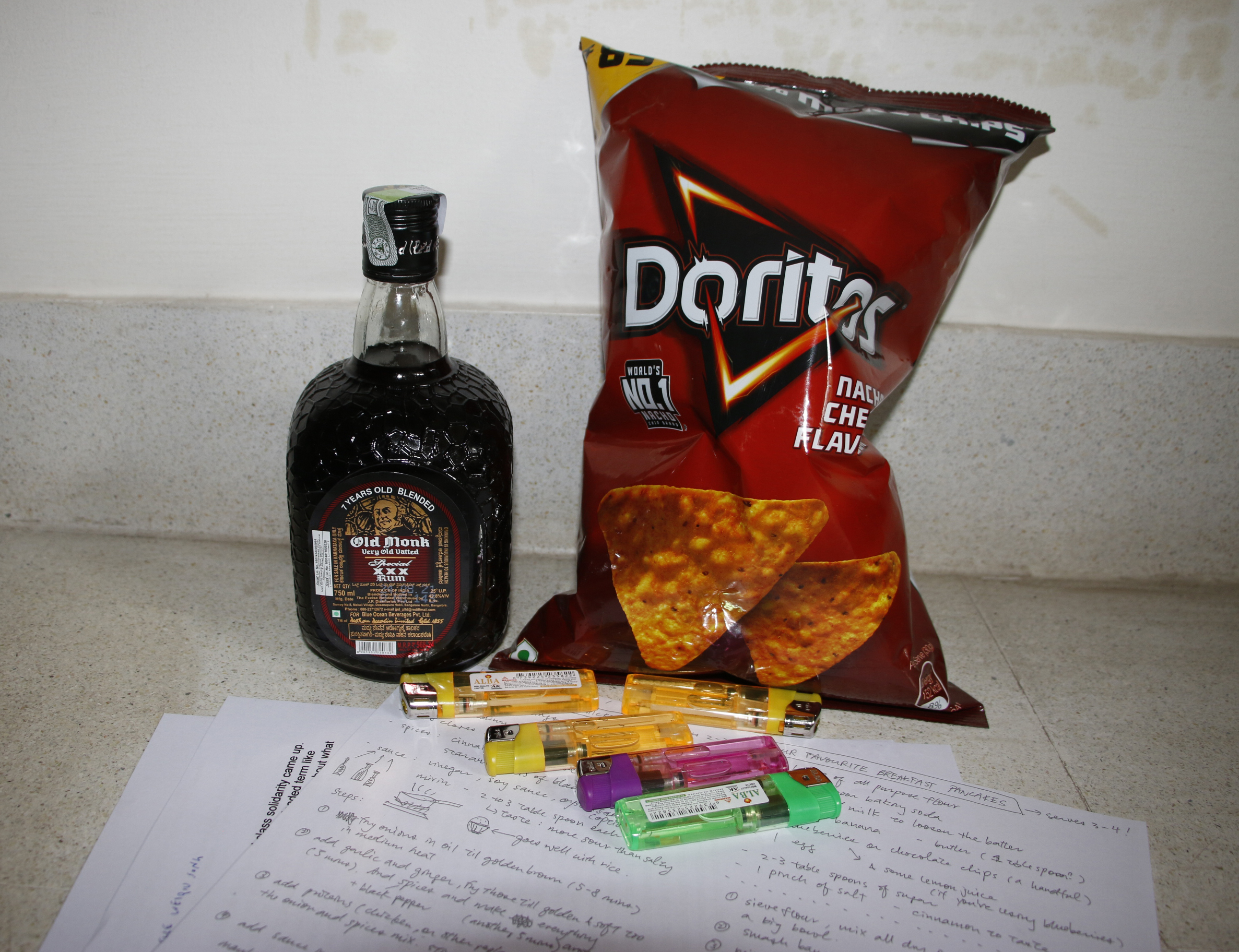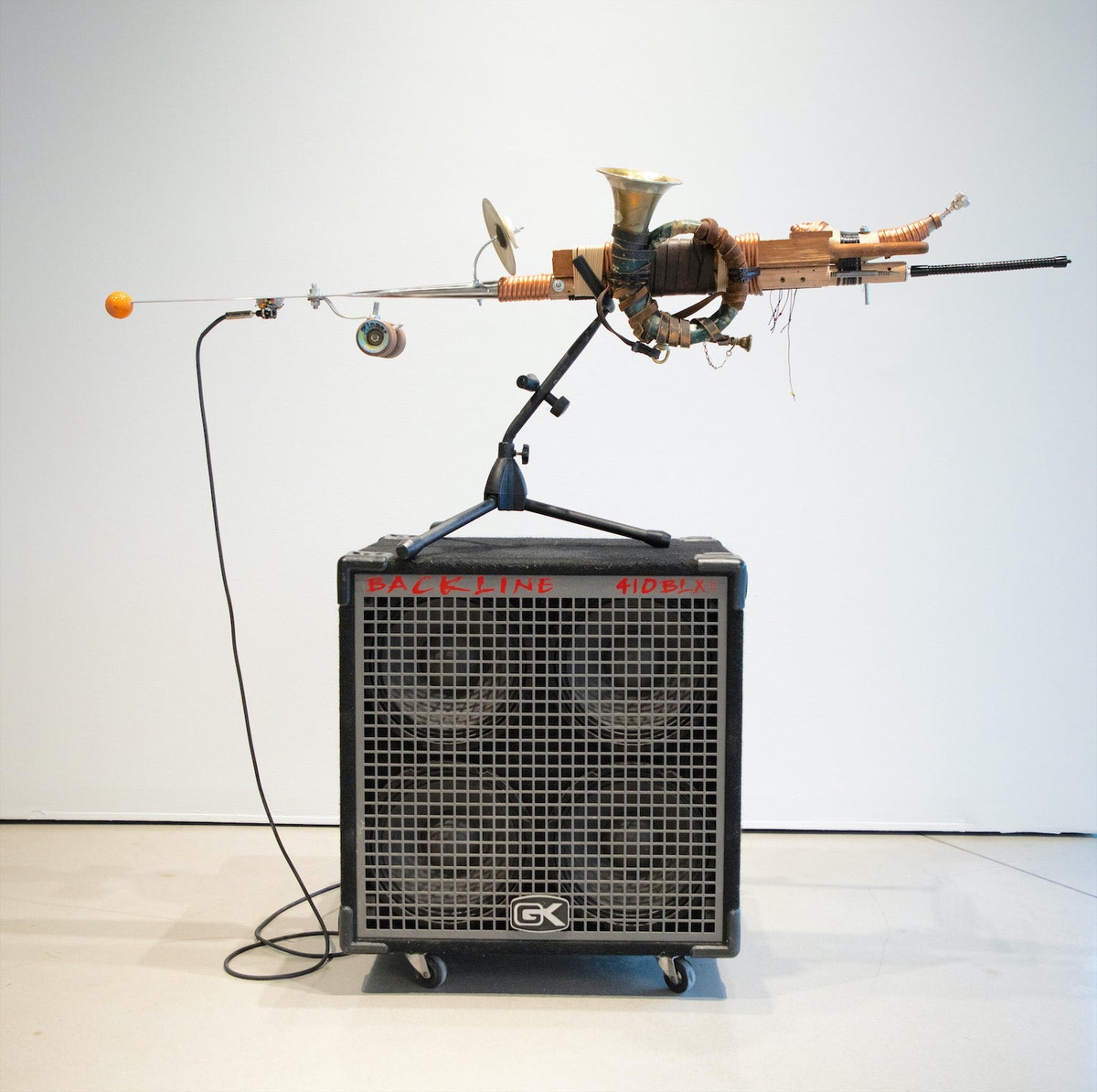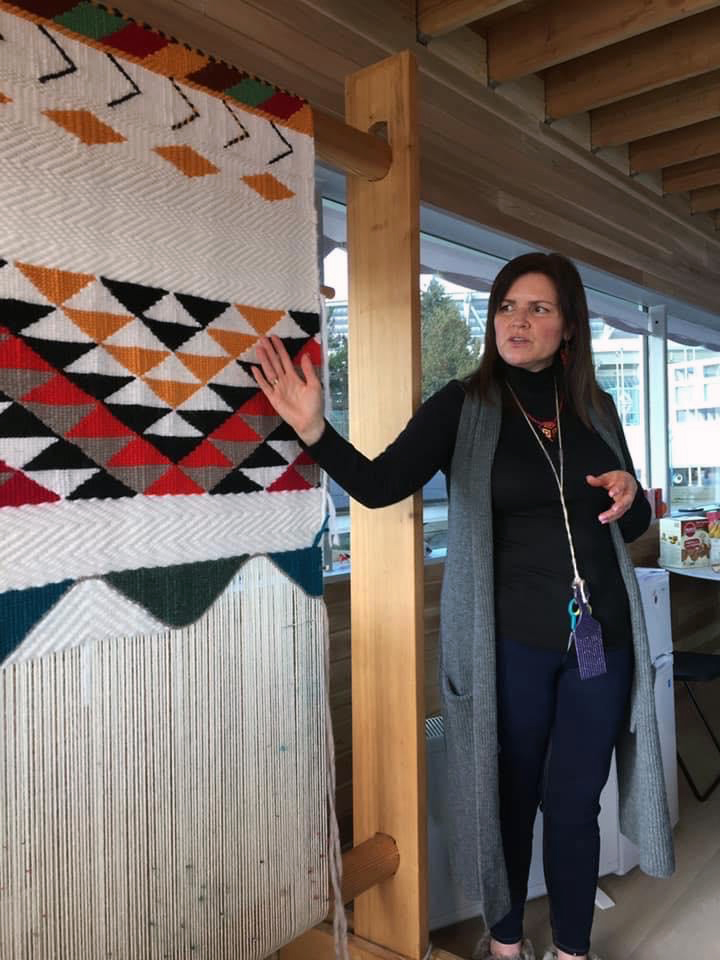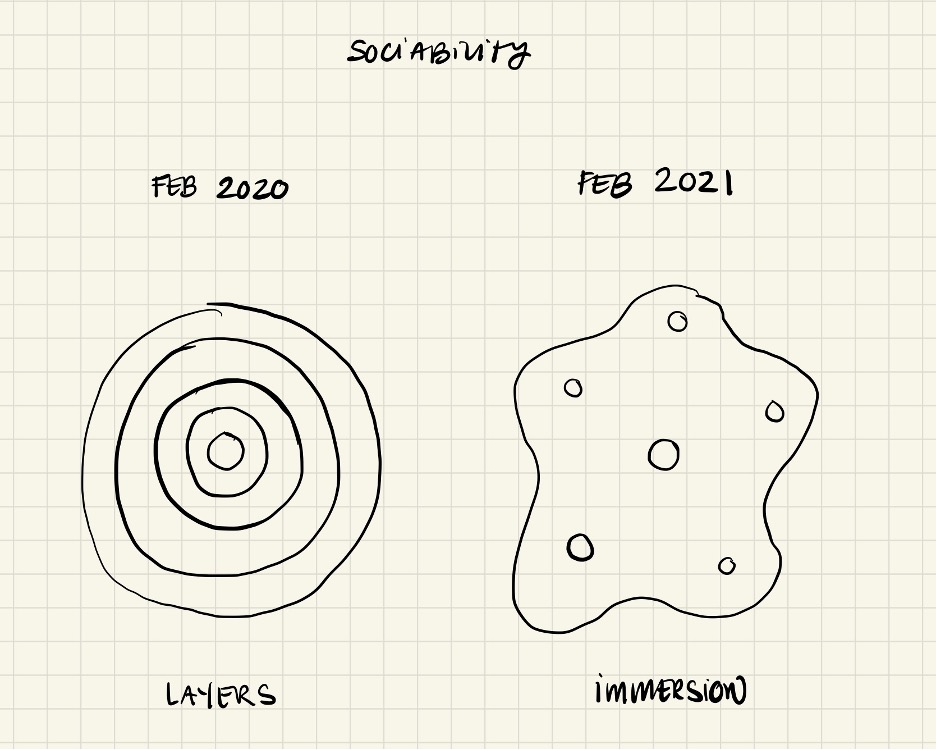Atlanta: Notes from the Album
In his sociological theory of double consciousness, W. E. B. Du Bois argues that we are not always as the other sees us – and even though we would like to be seen by the other, we may never be seen accurately or truthfully.
at the kitchen table (adjust as per taste)
In this interview with Sarasija Subramanian and Nihaal Faizal of Reliable Copy, Arushi Vats discusses at the kitchen table (September 17 – October 5) at 1Shanthiroad Studio/Gallery in Bangalore, India.
Trust Exercise: Group-Think Rewrites Protocols of Protest and Consent
Originally commissioned by Manifesta 13, Group-Think is a sports and civic education program developed by Stine Marie Jacobsen in collaboration with the French contemporary circus Archaos, tested by students in several schools in Marseille – and now a pocket-sized bilingual handbook.
The Black Market Sound: Sampling a Micropolitical Terrain of Listening, Resistance and Refusal
If there is an oxymoron, a vulgar beast hidden in plain sight in postcolonial Zimbabwe, it is the black market, an ever-shifting diabolic Wall Street located on the streets. What do we hear when we slow down and listen to the culture in these spaces where the nation’s wealth is captured and eaten by a select few?
Slippery When Wet: A Conversation with Tiffany Sia
On occasion of her exhibition Slippery When Wet at Artists Space and publication Too Salty Too Wet 更咸更濕, Karen Cheung speaks with Tiffany Sia on the futurity of Hong Kong.
Critical Transformations: A Forum on New Futures
Visionary artists, curators, activists, designers, architects, and arts organizers from around the globe discuss their work in creating groundbreaking new models for the arts sector over four thematic panels curated by Ceci Moss and hosted by Emily Carr University of Art + Design.
A Year Without (a Third Place)
“The feeling of being ‘apart together’ is an exceptional situation, of sharing something important or mutually withdrawing from the rest of the world and rejecting the usual norms, retaining its magic beyond the duration of the individual game.” – Ray Oldenburg, The Great Good Place
Black Ecologies: an opening, an offering
“In what I am calling the weather, antiblackness is pervasive as climate. The weather necessitates changeability and improvisation; it is the atmospheric condition of time and place; it produces new ecologies.” – Christina Sharpe
